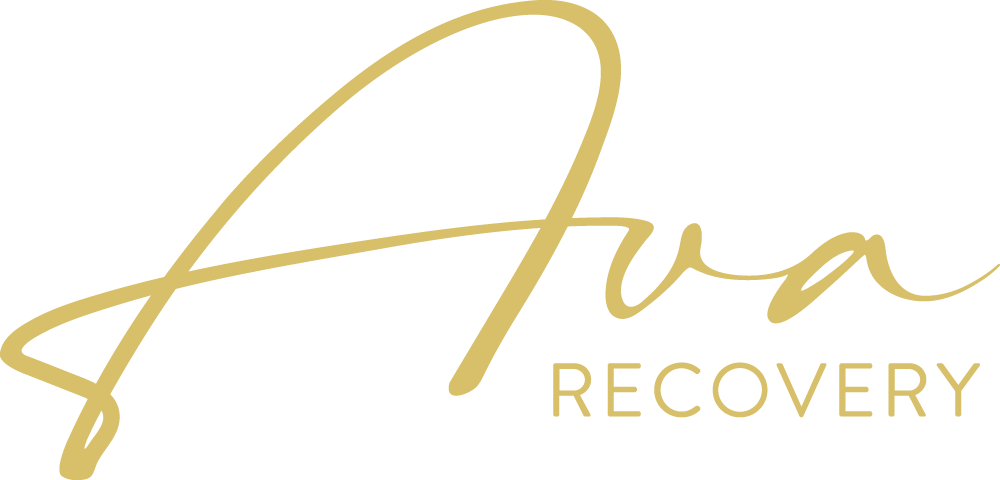Those who have undergone trauma that is unresolved or untreated may not realize the negative impact that it has on mental and physical health. In fact, many people who have unresolved trauma are more likely to develop an addiction because they turn to drugs and alcohol as a form of self medication.
In these situations it’s imperative to find treatment for addiction and unresolved trauma, but what is the best therapy for trauma?
What is the Best Therapy for Trauma?
There are several options when it comes to the best therapy for trauma, but all of them should be grounded in a trauma centered approach where staff members and team members who are a part of your care system receive extra training so that they can be cognizant of the relationship between things like trauma and triggers, and help avoid them.
EMDR
One of the most common options for the best therapy for trauma is eye movement desensitization and reprocessing, or EMDR. The US Department of Veterans Affairs and the World Health Organization promote this as the best option for PTSD and trauma treatment especially for military.
This is a unique form of therapy that is the opposite of traditional talk therapy in that you don’t have to sit and talk about things. This is an alternative form of treatment for trauma that is there to help individuals avoid the potential stress of talking about their traumatic memories while still being able to reprocess the emotional attachment of those memories and the triggers associated with them.
For example:
If you watched domestic abuse in your household as a child, growing up you might feel guilty for the domestic abuse. Each time you subconsciously retrieve memories of your childhood reinforces the guilt and blame that you place on yourself for what took place.
In this example, without the best therapy for trauma, it can have far reaching impacts on the rest of your adult life, leaving you with guilt and incorrect thoughts about yourself worth, believing that you cause bad things to those people you love most, or believing that you are a failure because you couldn’t prevent that domestic abuse as a child.
With EMDR, a therapist helps you reprocess those memories and resolve those incorrect beliefs. For this, you will think about these memories without having to talk about them, simply recalling them in detail as your therapist guides you through different eye movements.
You follow these movements with sounds or handheld devices or with side to side movements that the therapist conducts and all of this helps to change the way your brain stores the memories of those dramatic events and therefore the negative impact that each retrieval of those traumatic events has on your current life.
Talk Therapy
Another option that might be the best therapy for trauma depending on your circumstance is trauma informed talk therapy.
With this type of trauma centered talk therapy, you’ll participate in individual and group therapy sessions as part of your recovery plan with individuals who work with you more directly than traditional psychotherapy. This direct collaboration offers more control for you as the client and helps you choose things with which you are most comfortable and avoid things that are triggering.
The goal of trauma-informed talk therapy is to avoid retraumatization, essentially avoiding any circumstance, situation, or environment that might cause additional trauma related to your background while helping you process that background.
Finding the Best Therapy for Trauma
At Ava Recovery, we provide top-tier trauma-informed treatment for our clients. We think that recovery is possible for every client who seeks it and that’s why we offer a world-class program to help you achieve long-term sobriety.
Our team understands that individuals who struggle with addiction are simply trying to meet their needs and in many cases they are trying to self-medicate undiagnosed or untreated trauma. Our goal is to offer each client an opportunity to achieve sustainable recovery by taking the time to understand that trauma with our master clinicians and licensed therapists who specialize in dual diagnosis care.
With our dual diagnosis programs, you can participate in individual and group therapy sessions in addition to 12 step approaches with a one-to-one staff decline ratio and medication-assisted therapy where available.To learn more about the best therapy for trauma, or to get started with your assessment, call our team at 833-330-3009.






